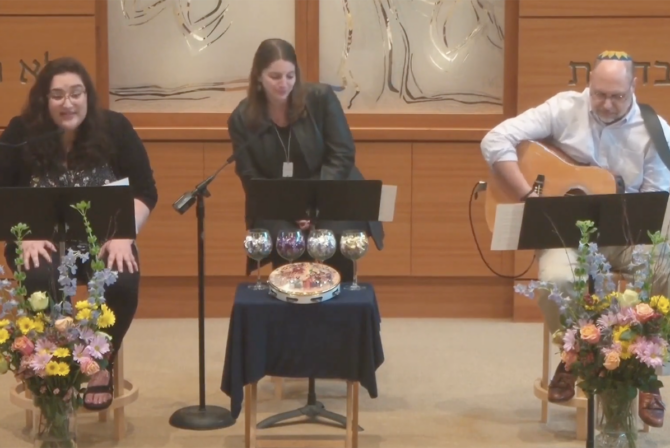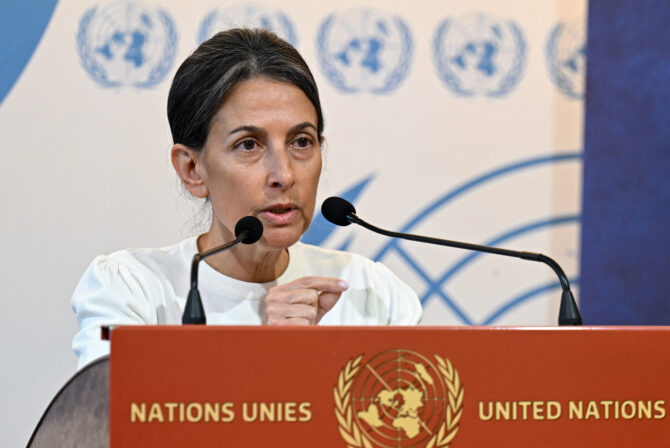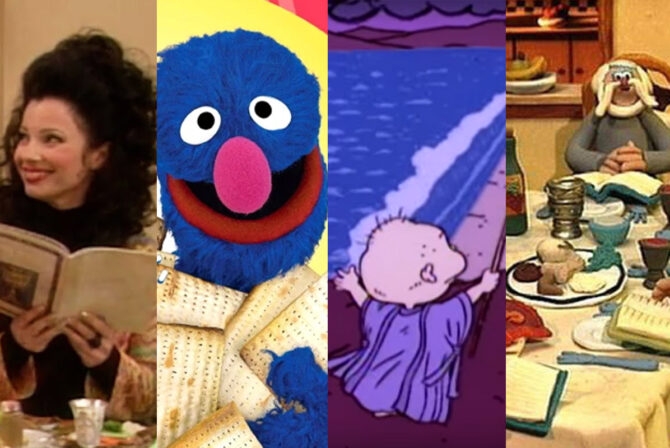
The NY Times recently had an article about friends who disagree about parenting styles and the effect this has on their friendships. I was particularly struck by two items.
The first was the remark, “For the current generation of parents, who tend to ascribe quasi-magical properties to the choices they make in their children’s early years…” This really resonated with me as I read about, and observe, young parents agonizing over every tiny little decision they have to make, or behavior their children engage in, as if anything, no matter how “minor,” could provoke the equivalent of a nuclear meltdown. There’s a great Yiddish expression which translates as “Small children, small problems, big children, big problems,” which can be amended to “small children, small decisions, big children, big decisions.”
The decisions you make when your kids are small will, I believe, have less of an impact on their lives than the ones that are made later, and certainly have less of an impact than you think they will as you struggle over making them. I think most experienced parents would say that, except for outright neglect or abuse (which may be subject to debate but would pretty much involve a pattern rather than a single act), you cannot really mess up a young child. There is no way you can get every single detail right and you will just drive yourself nuts trying. Worse, you won’t enjoy raising your kids. I guess I am saying: you really can’t screw up your kids too badly when they are young. So, try not to over-analyze and relax a little.
The other thing that struck me in the article was the theme that parents were responding to events in their own pasts to make parenting choices. Now, in my opinion, this can be a good thing if you have enough distance and self-awareness. It’s helpful to look back and see what worked on you and what you might have experienced as damaging. The key is to do this with your child’s best interests in mind–to do it so that the mistakes that were made on you (as you perceive them–your parents were probably doing the best they could) will not be made on your children. But the dangerous part of this is revealed by the mom quoted in the article who said, “My husband and I both had the experience of having a parent who’s so checked out and not there for you. Attachment parenting is very healing for me.”
Lady, I wish you healing, I really do. But the choices you make should be about what’s good for your child. Your healing has to come in other ways, not through your child. You cannot improve your own past through the next generation. This reminds me of the mother I knew who was so upset about her daughter going away to college that she went on anti-depressants. I asked the daughter why she thought her mom was having such a hard time and was told, “I think she will miss my friends, not only me.” This is the same mother who sent her youngest daughter to the same school as the older siblings, not because it was necessarily the best choice but because, as the mom said, “I am not done with that school yet.” She loved the experience her kids had, was involved on the school’s Board so she spent lots of time there… and, I am sure, was trying to “correct” her own less than happy high school experience by living through her children’s happier ones. (I knew her way back when.)
Our parenting choices are informed by all sorts of conscious and unconscious influences. But we owe it to ourselves, not to mention to our children, to make decisions based on what’s best for the kids and for the family as a whole–not as a corrective to our own lousy childhood experiences.
Most moms try as hard as they possibly can. No one single mistake will permanently mess up your kid. When the child is grown, you will not be able to confidently point to specific parenting decisions that made your child the stellar human being she became, nor the absolute wreck of an underachiever (God forbid!).
It’s humbling to consider that the way your kids turns out ultimately depends on much more than your individual parenting choices, especially when they are very young. I guarantee you that there will be many surprises as you someday consider the ultimate product that is your grown child.
As I always say when someone compliments my (admittedly superior children), I can’t take the credit because I don’t want the blame.







